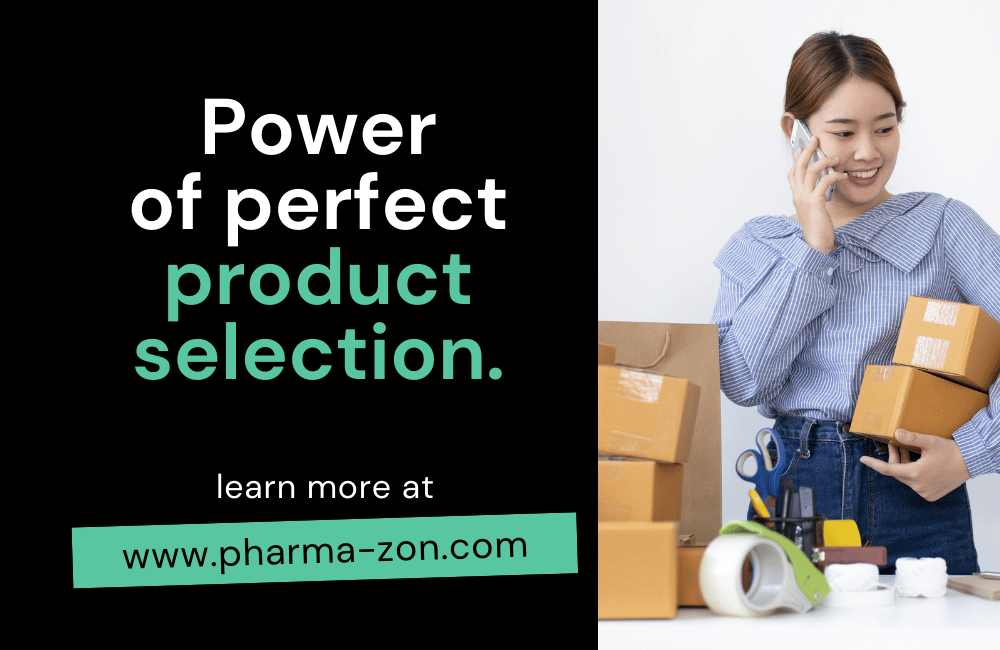Pharma Quality Compliance Training Vietnam: Building the Next-Gen Workforce

Vietnam’s pharmaceutical industry is on a remarkable growth trajectory. With increasing healthcare demands, government investments, and rising exports, Vietnam is positioning itself as a strong player in Asia’s pharma sector. But rapid growth comes with a challenge: ensuring that the workforce is well-trained to meet global quality and compliance standards.
That’s where Pharma Quality Compliance Training in Vietnam plays a critical role. By equipping professionals with the knowledge of Good Manufacturing Practices (GMP), regulatory compliance, and quality systems, Vietnam is building a next-gen pharma workforce capable of competing on the global stage.
In this blog, we’ll explore:
- Why compliance training is essential in Vietnam’s pharma sector.
- Key areas covered in pharma quality compliance training.
- How training builds the next-gen workforce.
- Examples, case studies, and actionable insights for pharma companies in Vietnam.
1. Why Pharma Quality Compliance Training is Vital in Vietnam
The Vietnamese pharmaceutical market is projected to grow at 5–11% CAGR between 2025 and 2030 (Statista, 2025). As the market expands, so does scrutiny from regulators like:
- WHO-GMP (World Health Organization’s Good Manufacturing Practices).
- FDA (U.S. Food and Drug Administration) for exports.
- EMA (European Medicines Agency).
Common Compliance Challenges in Vietnam:
- Inconsistent documentation practices.
- Lack of awareness of international standards.
- Skill gaps in data integrity and risk management.
- Shortage of GMP-trained professionals.
👉 Without proper pharma quality compliance training Vietnam, these challenges could hinder growth and global competitiveness.
2. Key Areas Covered in Pharma Quality Compliance Training Vietnam
Effective compliance training goes beyond theory—it builds practical, job-ready skills.
Training Focus Areas:
- Good Manufacturing Practices (GMP): Understanding global GMP standards and applying them in daily operations.
- Regulatory Audits: Preparing for inspections by FDA, WHO, and Vietnam’s Ministry of Health.
- Data Integrity: Ensuring accuracy, security, and transparency of pharma data.
- Documentation & SOPs: Best practices for writing and maintaining Standard Operating Procedures.
- CAPA (Corrective & Preventive Actions): Handling deviations effectively and preventing recurrence.
- Risk Management: Implementing ICH Q9 principles in pharma projects.
💡 Tip: Companies that invest in GMP and regulatory training see up to 30% fewer compliance deviations during audits.
3. Building the Next-Gen Workforce in Vietnam
Vietnam’s pharma workforce is young, ambitious, and eager to adapt to global trends. However, many professionals still lack structured compliance training.
How Training Builds the Workforce:
- Skill Development: Enhances technical and soft skills for pharma professionals.
- Global Competitiveness: Prepares the workforce to meet EU-GMP, US FDA, and WHO standards.
- Career Growth: Trained employees move faster into leadership and QA/QC roles.
- Innovation Readiness: Skilled teams adapt faster to new technologies like digital batch records or AI in quality management.
👉 Example: A leading Vietnamese pharma company introduced annual GMP compliance training and reduced audit findings by 45% within two years.
4. Benefits of Pharma Quality Compliance Training Vietnam
Here are the top benefits:
- Improved Compliance Culture
- Employees develop a compliance-first mindset.
- Reduced Risk of FDA/WHO Findings
- Training ensures audit readiness.
- Increased Workforce Productivity
- Skilled employees work more efficiently and make fewer errors.
- Better Global Partnerships
- International companies trust firms with well-trained teams.
- Career Development
- Employees trained in compliance are more likely to reach leadership roles.
5. Actionable Steps for Pharma Companies in Vietnam
- Implement Regular Training Programs: Conduct annual GMP & compliance workshops.
- Partner with Experts: Work with global consultants to deliver specialized modules.
- Track Training Metrics: Use Learning Management Systems (LMS) to monitor progress.
- Create a Culture of Continuous Learning: Encourage certifications like PMP for pharma projects or Lean Six Sigma.
- Leverage Technology: Use e-learning platforms to train remote or plant-based staff.
📊 According to Deloitte, pharma companies that invest consistently in compliance training outperform competitors by 21% in audit performance.
Quick Checklist for Pharma Quality Compliance Training Vietnam
✅ Train all staff on GMP basics
✅ Conduct mock regulatory audits
✅ Validate data integrity systems
✅ Maintain training records for every employee
✅ Encourage leadership & soft skill training
FAQs on Pharma Quality Compliance Training Vietnam
1. Who should attend compliance training in pharma companies?
Everyone—from operators and supervisors to QA/QC managers—should undergo regular compliance training.
2. Is training mandatory for WHO-GMP certification?
Yes. GMP training is a core requirement for WHO, FDA, and EMA certifications.
3. How often should pharma companies in Vietnam conduct compliance training?
At least once a year, with refresher modules every 6 months.
4. Does compliance training improve career opportunities?
Absolutely. Trained professionals are in higher demand and often move into leadership positions faster.
Conclusion: Shaping the Future of Vietnam’s Pharma Industry
As Vietnam positions itself as a regional pharma hub, investing in Pharma Quality Compliance Training Vietnam is non-negotiable. It not only ensures regulatory compliance but also builds a future-ready workforce capable of competing globally.
By focusing on GMP training, regulatory readiness, and workforce development, Vietnam’s pharma industry can reduce risks, improve efficiency, and accelerate growth.
👉 Are you ready to build a next-gen workforce?
Explore our Pharma Compliance Training Solutions in Vietnam today and start shaping the future of pharma with confidence.



